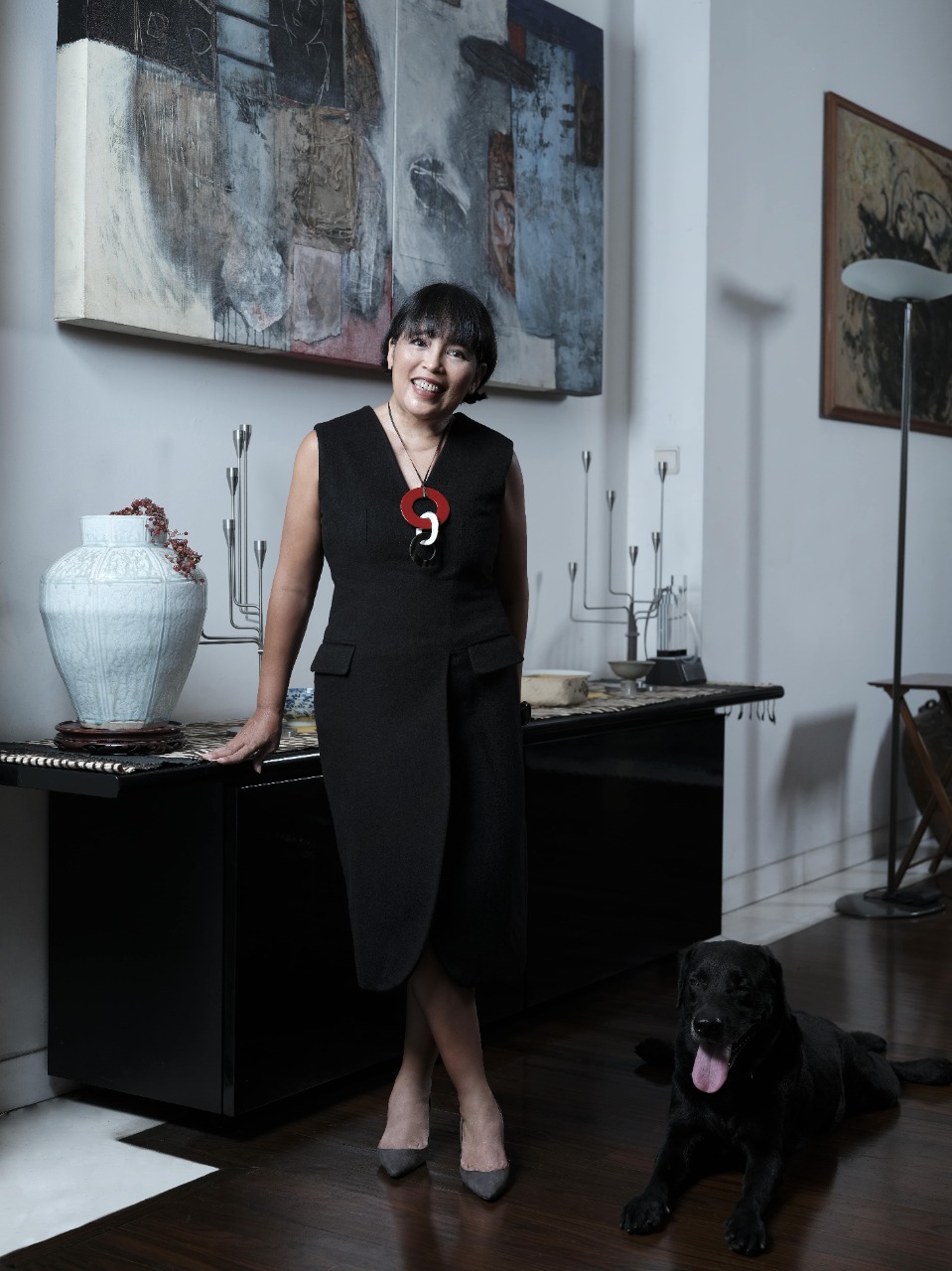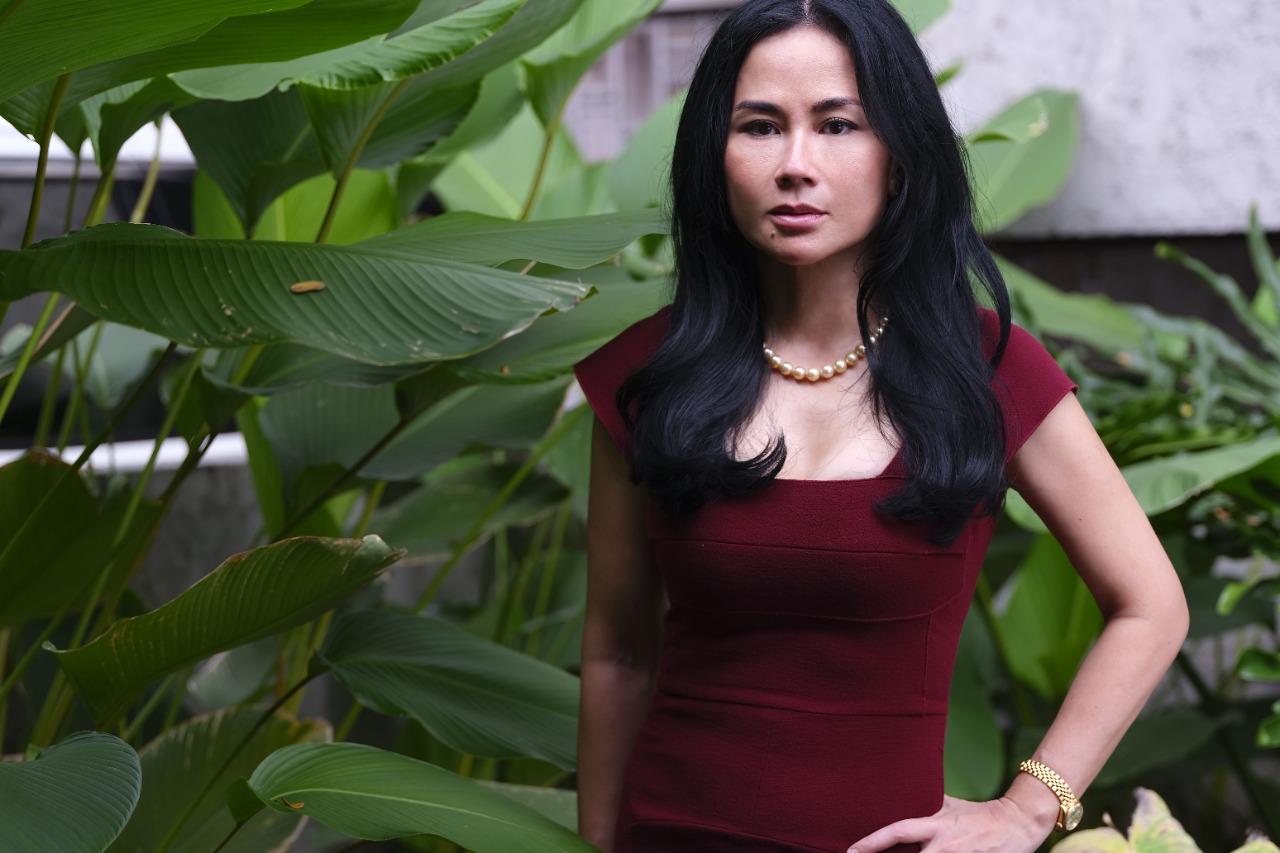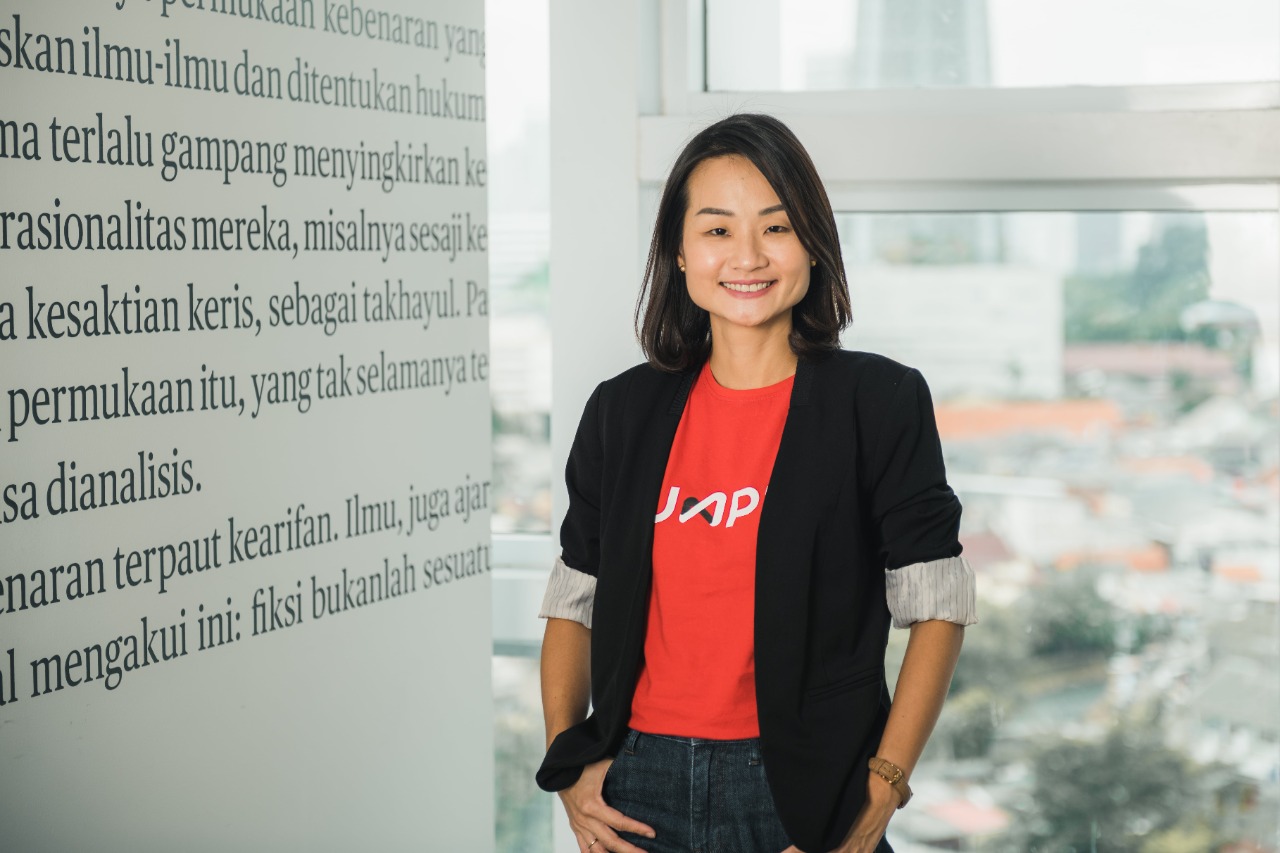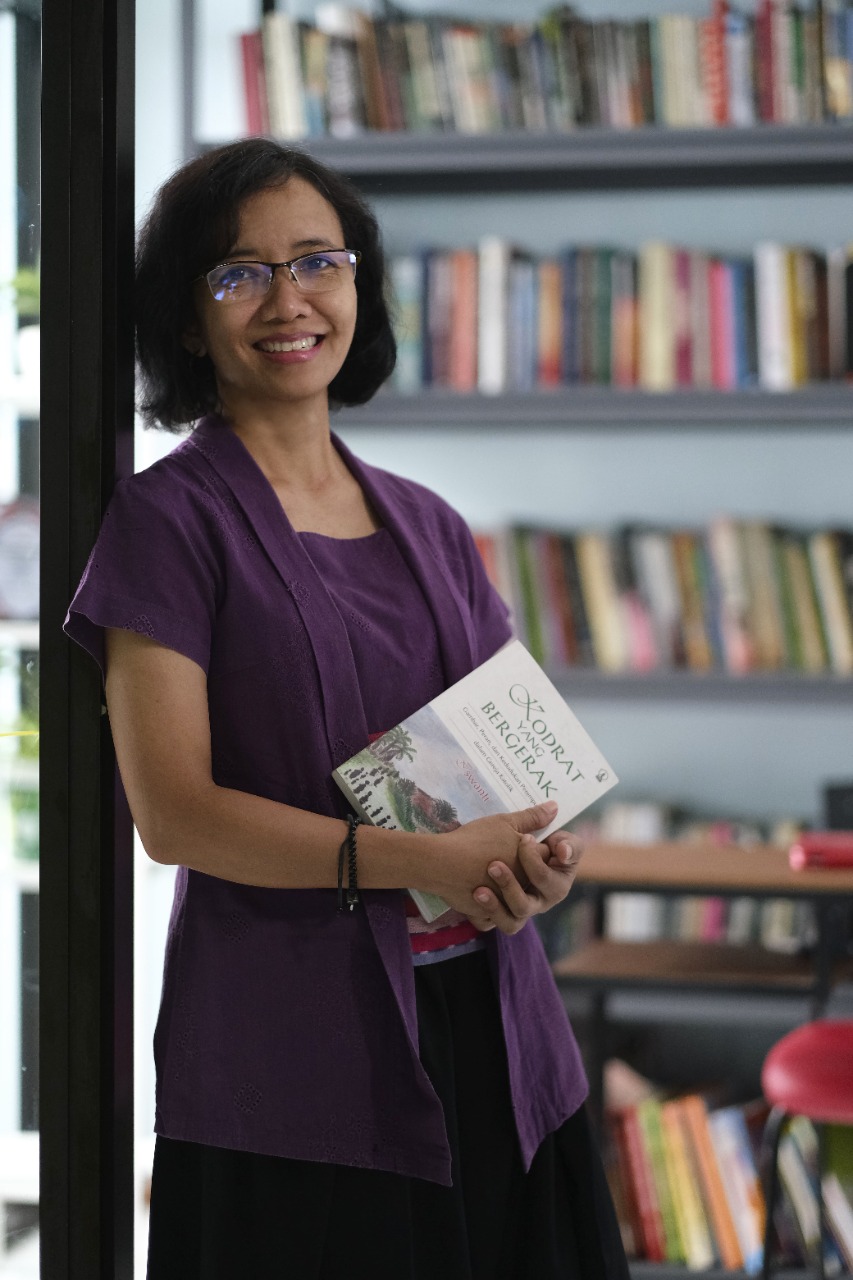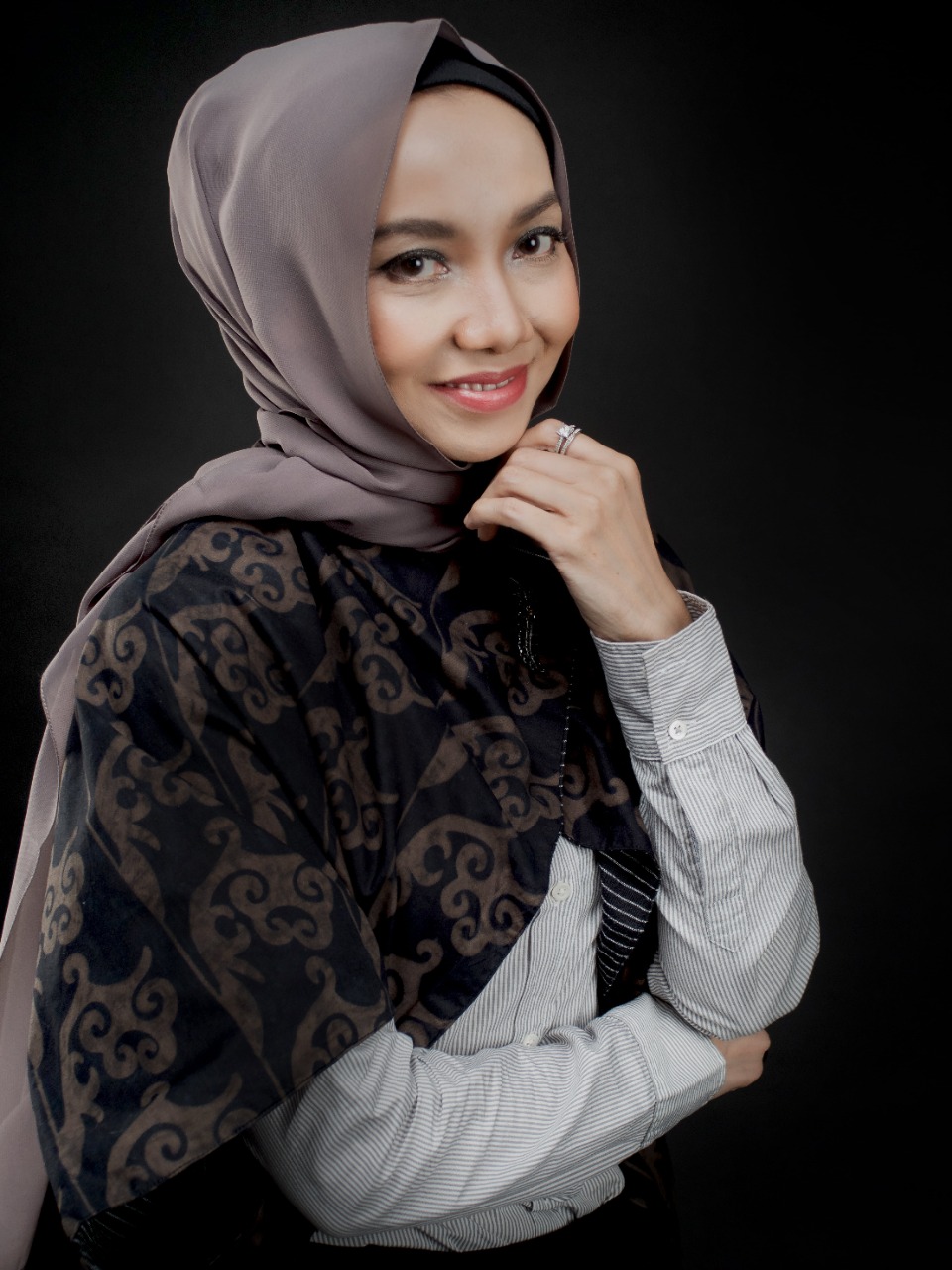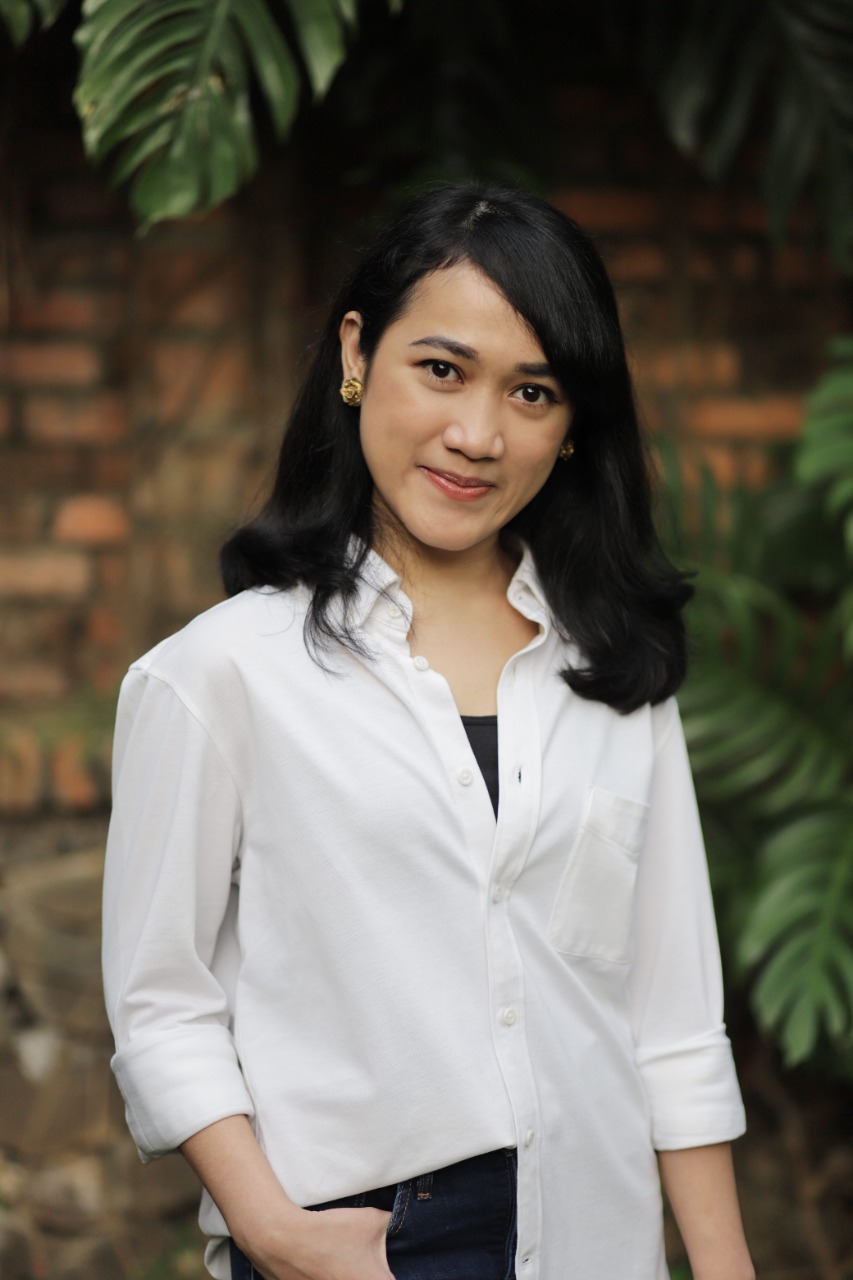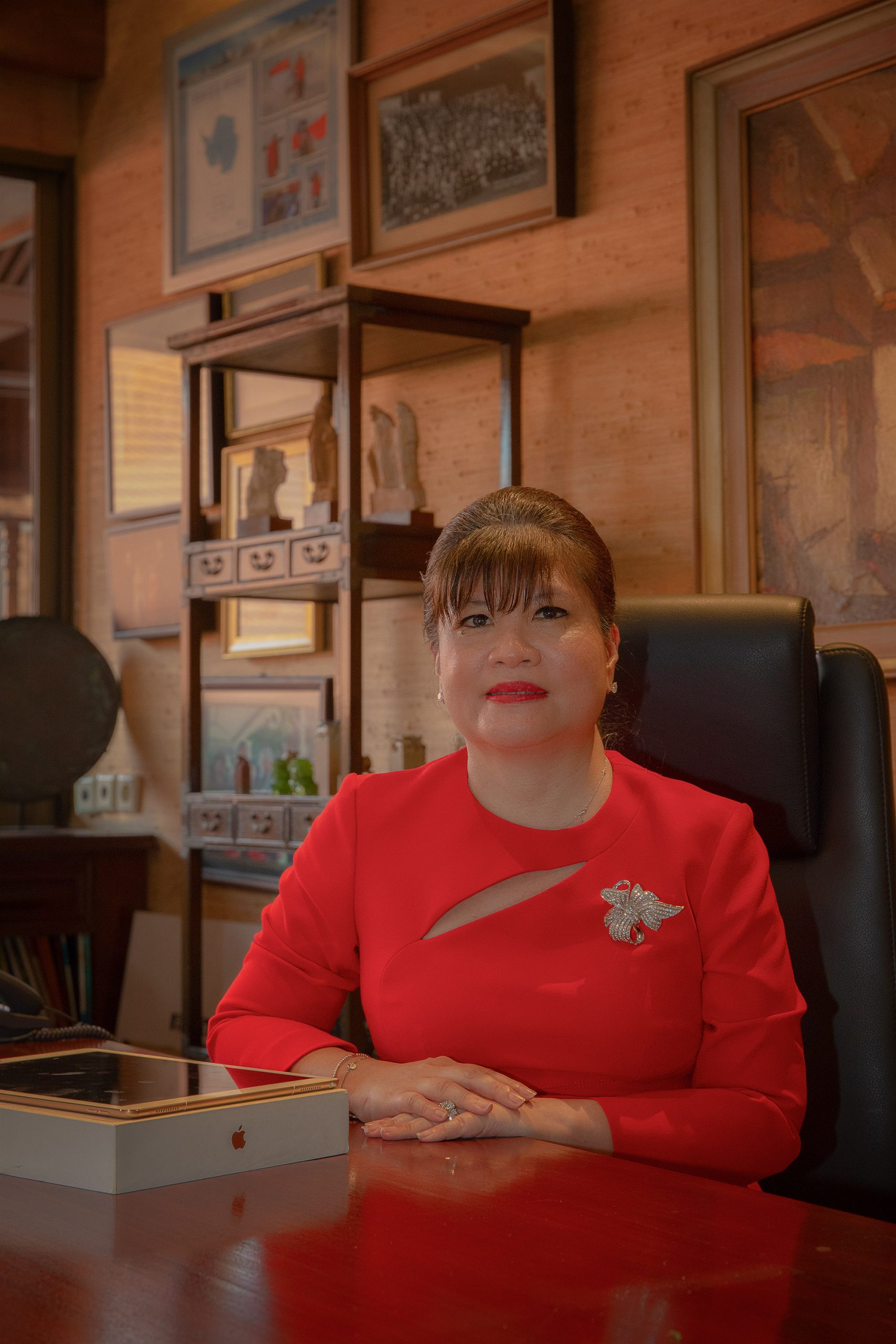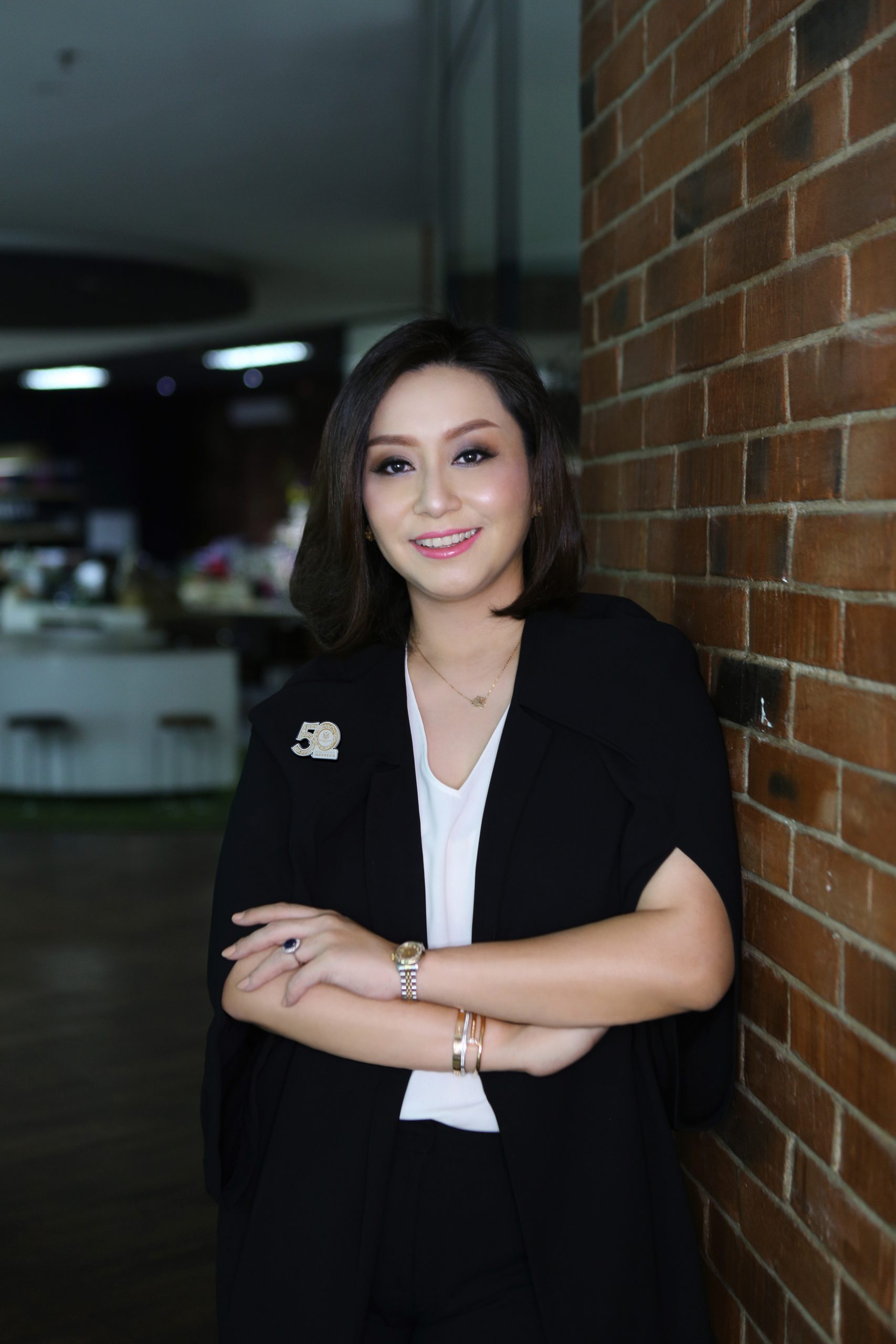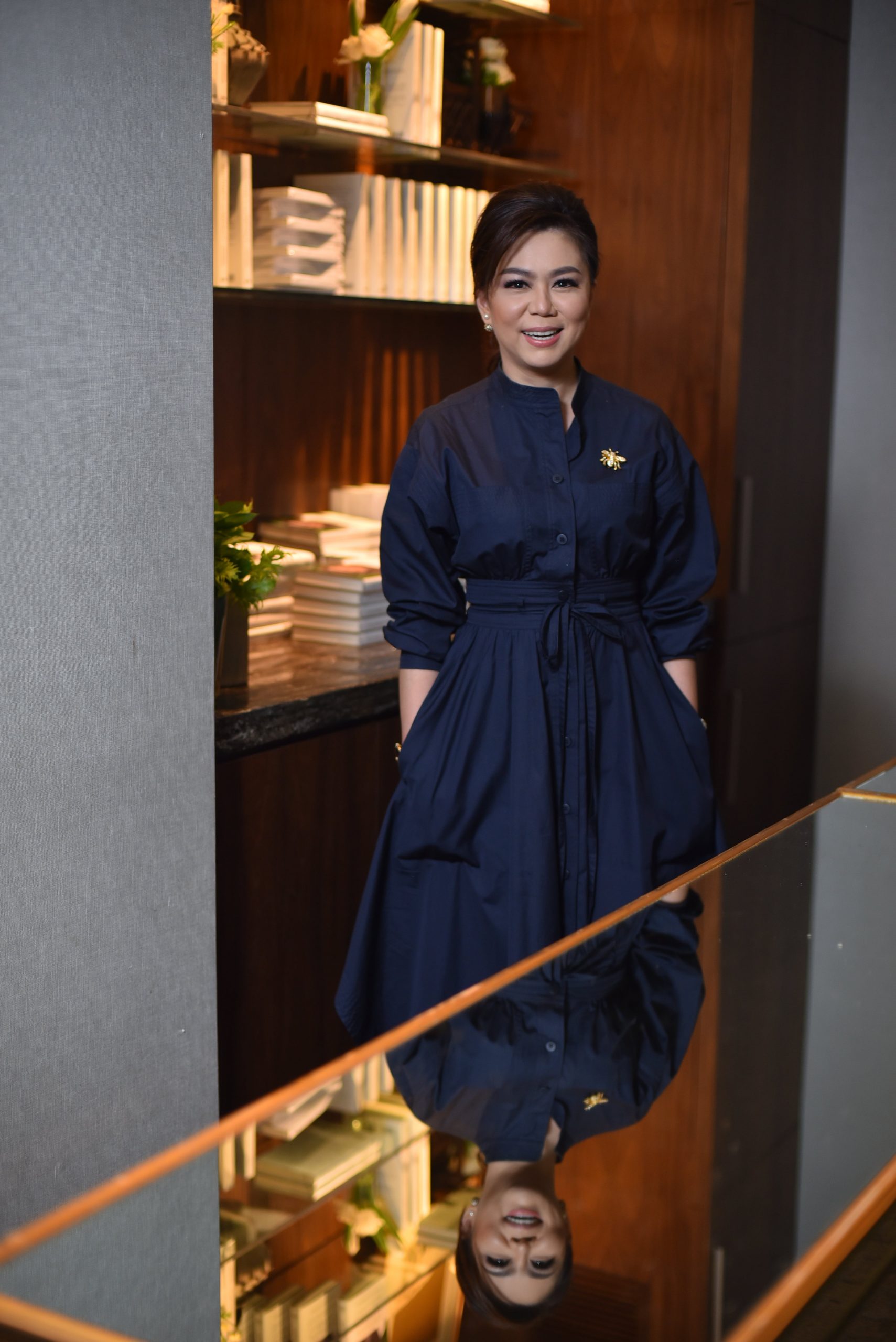Founder of EverHaus and Secondate Beauty
When she was only 22 year old, Gitta shattered stereotypes by founding her own venture capitalist firm. She is committed to empowering the millennial generation of Indonesian entrepreneurs.
“I owe my business acumen to my two parents”, Gitta recalls. The daughter of two entrepreneurs, she had acquired her business sense almost as soon as she learnt how to speak. Whenever they went out together, restaurants, theme parks or cinemas, she had to guess how much money the institution made in one day and what it could do to improve the business.
Gitta’s love of finance started when she realized how much capital flows affected the growth of different industries and steered innovation. It was for her, the catalyst for change. From that moment, she made it her mission to help her country’s development by attracting as much capital as possible into the Indonesian economy, leveraging a growing young generation of entrepreneurs. While in the US to pursue a Bachelor’s degree in finance, she launched a publication called Think Nusantara, directed at Indonesian students abroad to encourage them returning back home to drive Indonesia’s growth. It didn’t take her long to take the lead in doing that.
In the early days of her senior year, she went to her counselor’s office and announced that she wanted to graduate early. She bought a one way ticket to Singapore – the VC hub at the time – and for several weeks, networked her way around the region, visiting all possible Investment conferences and startup meetups. Gitta was determined to pursue her goal and worked on a first pipeline of curated tech businesses, pitching the idea of building a new fund. “Most people thought I was crazy, but some believed in me. They became my first sponsors and in many ways, my first mentors”. And they did well to do so. One year later, her VC firm EverHaus was ranked as the most active seed stage firm by deal count in Indonesia.
“As a woman trying to raise capital, you are often faced with the question of how our family-life will impact our work down the line. Whenever I receive that question, I answer that I will have children one day and devote my heart to them as a proud mother. But so will my husband” Gitta firmly declares, convinced that the first barrier to women is “the one in their head”. To debunk this self-imposed wall and support businesses that truly caters to women’s needs, she made a shift in her investment strategy to focus on impact-driven consumer brands. It is an investment that also makes financial sense. Women make up 50% of the population and dictate more consumer and household purchasing decisions than men. Instead of investing directly into women entrepreneurs, she built a thesis around industries that women are more naturally drawn to. As a result, she works with more female entrepreneurs. Her latest achievement was the release of her own beauty brand – Secondate Beauty, that evangelizes the idea that beauty comes from self-confidence. “It’s a message that struck a chord in many girls in Indonesia. The girls who were told they couldn’t, the girls who were told they shouldn’t and the girls who don’t believe in themselves”.
Gitta is not the kind of person to wait for things to start materializing. She believes that a fast, global shift has to come from the top down. She already has a blueprint in mind to bring more capital towards women’s needs: a multi-generational women-led fund, geographically constrained but not limited to enterprises of a specific size, to maximise the local network effect and support mentor-mentee relationships.

